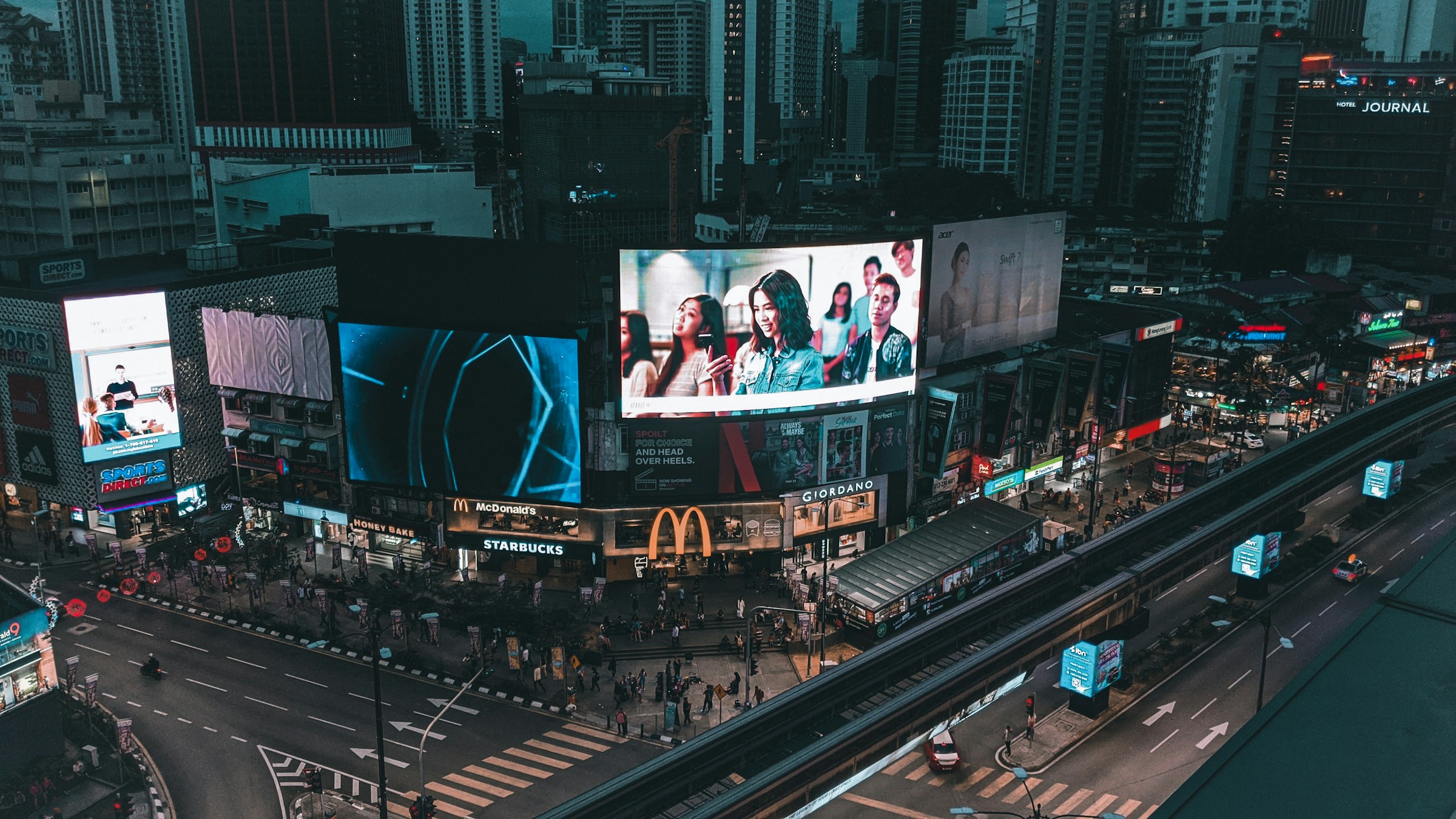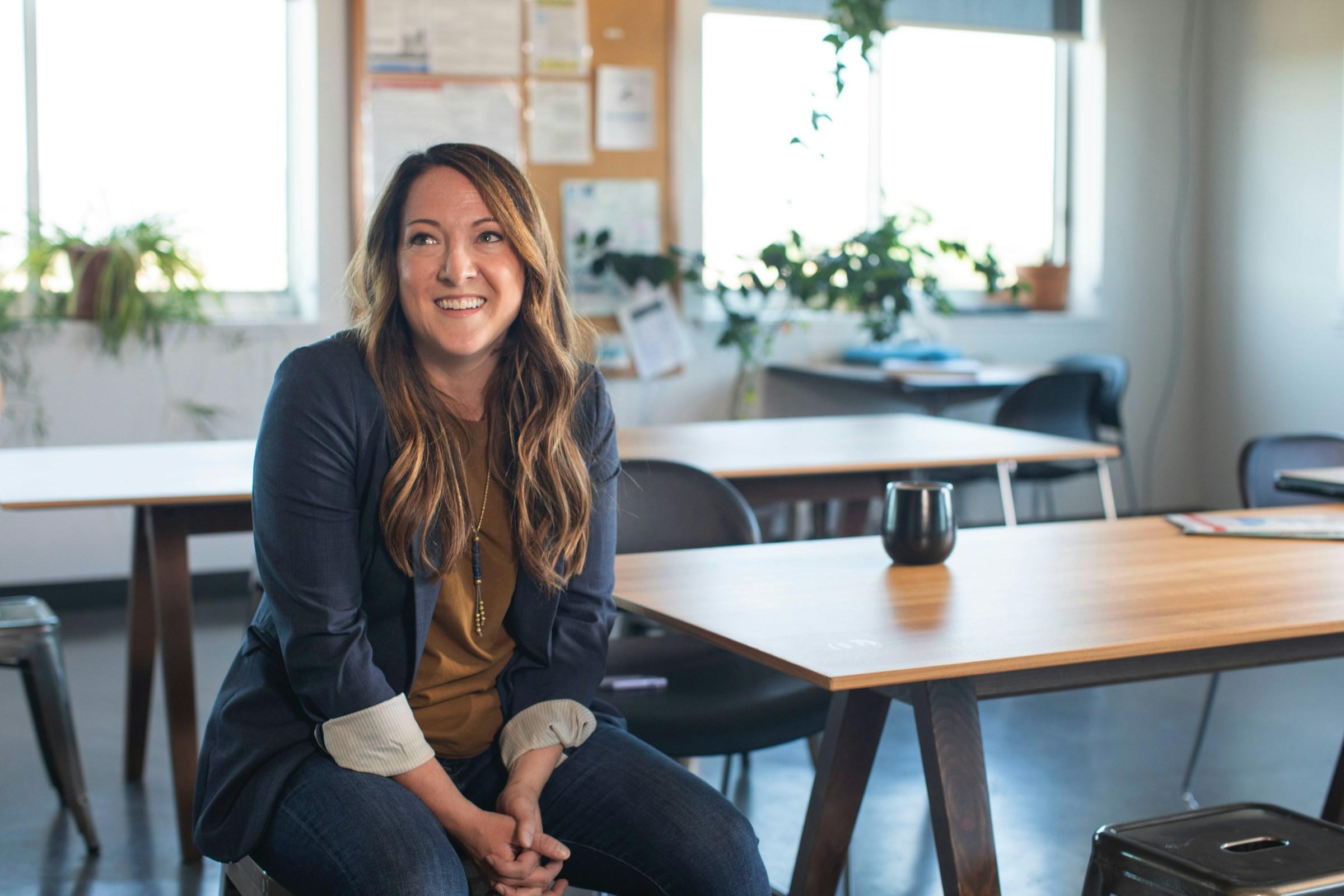On the surface, it sounds simple: a Singaporean man, tired of the grind, eyes Kuala Lumpur for a lifestyle reset. He’s 35, makes S$100,000 a year, works in the education sector, has three kids—and he’s burnt out. That was the emotional heartbeat of a post that went viral on r/Malaysia, sparking hundreds of replies and a region-wide reality check.
But this wasn’t just a one-off rant. It tapped into something deeper. The comments, the pushback, the weird empathy—they all hinted at a quiet undercurrent moving beneath the “Singapore is efficient, Malaysia is chaotic” stereotype. Maybe the real conversation wasn’t about the move. It was about the fantasy.
Singapore is fast, precise, and relentless. It’s a machine that works—until it works you.
That’s the tension many quietly hold: loving the order but feeling flattened by the expectations. In that viral Reddit post, the man said he felt “jaded with life in SG.” And KL? It looked soft around the edges. A little messier, a little warmer, with “opportunities likely far greater than anywhere else in Malaysia.” That line alone was enough to make some Malaysians flinch.
To them, KL wasn’t an escape plan. It was the place they were planning their own exit from. Still, the man wasn’t looking for utopia. He was looking for a reboot. That’s what made it land.
The post hit a nerve because it disrupted the unspoken script: that Singaporeans move up and Malaysians move out.
In most migration narratives, Singapore is the destination. A city that sells certainty. KL, in contrast, is often framed by Singaporeans as “slower”—and not in a good way. So when someone from the high-achieving side of the Causeway considers switching cities, the tension becomes less about geography and more about class mobility, cultural control, and parenting pressure.
In one reply, a Malaysian commenter put it bluntly: “There’s a reason plenty of Malaysians are seeking opportunities in Singapore.” Others echoed it—reminding the original poster that S$100K converts to RM330K, which in KL is not poverty, but neither is it luxury. Not when international school fees, car ownership, and condo prices add up. Not when you're trying to replicate a lifestyle that took decades of national policy to engineer.
But even in the face of this math, the fantasy persists. Because this isn't just about what KL can offer. It’s about what Singapore no longer gives: room to breathe.
It’s easy to reduce this story to burnout. But burnout doesn’t explain the specificity of the fantasy. Why KL? Why now?
Because it’s believable.
KL isn’t Bali. It’s not a total leap. It’s different enough to promise contrast, but close enough to feel safe. You can still get your Singaporean salary if you go remote. You can drive back on weekends. You don’t have to fully let go. That proximity makes the dream feel doable, even when the reality is more complicated.
But there’s something else. KL, to this man and to others like him, represents a place where ambition can slow down without collapsing. Where parenting doesn’t have to come with endless tuition schedules. Where life can be messy but still meaningful.
The hurt comes when that dream collides with the truth. When Malaysians say, “Are you sure?” When they remind you that KL’s public transport still leaves you stranded at 8PM, that yes, food is cheaper—but only if you stick to certain types. That traffic and crime are still real variables. That “grass is greener” thinking can backfire if you’re not prepared to relearn the entire rhythm of daily life.
The most Singaporean reply in the entire thread didn’t argue facts. It argued emotion.
“You got too much money, that’s making you think too much.”
It sounds flippant, but it’s not. It’s a cultural comment on what happens when the basic needs are met—but something deeper remains unsatisfied. When efficiency becomes emptiness. When success starts to feel like a script you didn’t write.
What that man is looking for may not be a different city. It may be the feeling of living on his own terms. But in a culture where job titles define you, and where parenting is a competitive sport, that desire starts to look subversive. What we lose—if we’re not careful—isn’t just the dream. It’s the ability to dream without having to justify it with spreadsheets.
Singapore doesn’t just run on time. It is time. Everything is calibrated: school terms, career ladders, COE renewals, BTO balloting. There’s a system for everything. But that also means there’s a timeline for everything. And when your life doesn’t fit it—when your energy runs out earlier than the milestones suggest—you start to look for a different pace.
KL, in contrast, is messier. Slower. More improvisational. It might not deliver all the same services on cue, but it offers one thing Singapore rarely does: permission to not be perfect. That’s what this story is really about. Not KL vs. SG. Not cost of living or exchange rates. But tempo.
In the end, many Redditors gave practical advice: take a vacation, rent a long-term Airbnb, try hybrid setups. But underneath the logistics was something gentler: you don’t need to burn everything down to feel different.
Maybe what this man—and others like him—need isn’t a new postcode. It’s a new permission structure. A way to say: “I’m allowed to feel done. I’m allowed to want something softer. And I don’t have to justify that with a relocation plan.”
Because moving cities won’t solve burnout if the expectations move with you. But naming the dream out loud? That’s a start. Not because the grass is greener. But because sometimes, the view from across the Causeway helps you see yourself more clearly.
And if nothing else, at least you’ll remember to avoid RON95.















